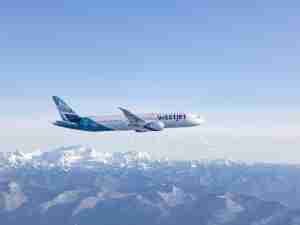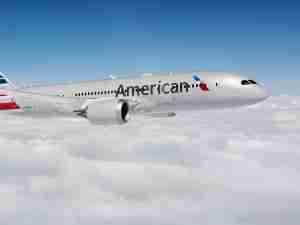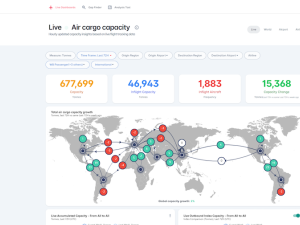Greatest growth, on the order of a 10% increase, is expected to be in US-Indian air cargo as that nation continues to expand its production base in a number of hi-tech and traditional industries. China, the perennial leader in cargo growth, will fall behind India in its rate of increase to about eight%, down sharply from its usual double digit increase as production in that nation slows reflecting lessened demand from outsourcing manufacturers.
These are the conclusions of Gloria Whittington, Managing Director, DAX-Dependable AirCargo Express, a major international airfreight forwarder whose company specializes in US-Asian and South Pacific trade.
The Managing Director commented on the recent developments in India and Thailand. "I believe Indian air freight will not be affected by the tragic terrorist attacks in Mumbai," she stated. "Cargo continued to flow from'Indian airports even during the height of the terrorist attacks. The Indian government has begun taking more forceful steps against terrorism which should benefit Indian trade," Ms Whittington declared.
"The Thailand situation is another, far more serious matter to the international airfreight community," stated the DAX-Dependable AirCargo Express executive. "Cargo has been piling up at Bangkok's principal airport since the sit-down protests by anti-government forces. There doesn't seem to be a political solution at present to the Thai situation," she declared. "If this stand-off continues, we will have to arrange alternative scheduling to inbound and outbound Thai cargo," Ms. Whittington stated.
Turning once more to the general airfreight situation, Ms. Whittington commented, "there definitely will be less growth in 2009 than in past years due to a worldwide economic slowdown," she said.' "We expect a growth rate of no more than two% in the year ahead, down sharply from'the eight to ten% growth rates air cargo has enjoyed in the past," said the DAX-Dependable AirCargo Express executive. Ms. Whittington compared'the growth'of airfreight, however modest, to an expected sharp decline in ocean volume during the coming year. She explained this discrepancy by noting, "'types of'cargo carried by air generally consists of high value industrial items or hi-tech components and finished products which are less vulnerable to an economic slowdown. Ships, however, move primarily a wide range of consumer goods whose importers have been hard hit particularly by consumers' pocketbooks slamming shut during this current recession."
She also sees the greater use of the just-in-time (JIT) system of delivering parts and components for assembly line production benefiting air as manufacturers attempt to lessen inventory levels to an absolute minimum. "Air is the most efficient method in moving JIT parts and components almost to the moment they are needed on the assembly line," stated Ms. Whittington.'"A greater number of manufacturers are realizing that the initial higher cost of air is more than offset by substantial savings in inventory."
Ms. Whittington also sees a strong potential for growth in the field of project cargo, or moving heavy outsized pieces of freight in a charter arrangement. "The project cargo segment of the transportation business always has been dominated by ocean carriers. Air never has played a significant role in this segment of the market.' However, a greater number of heavy equipment makers are finding that if freight is properly disassembled, large cargo aircraft like the Boeing 747-8 and the Russian built Antonov can accommodate heavy loads with deliveries even to remote mines and oil fields in a matter of hours rather than weeks."
"With the worldwide recession expected to continue well into 2009, rate negotiations are becoming the norm rather than the exception," stated Ms. Whittington. "In the past, airlines serving a number of international destinations were rock solid in their rates," affi










